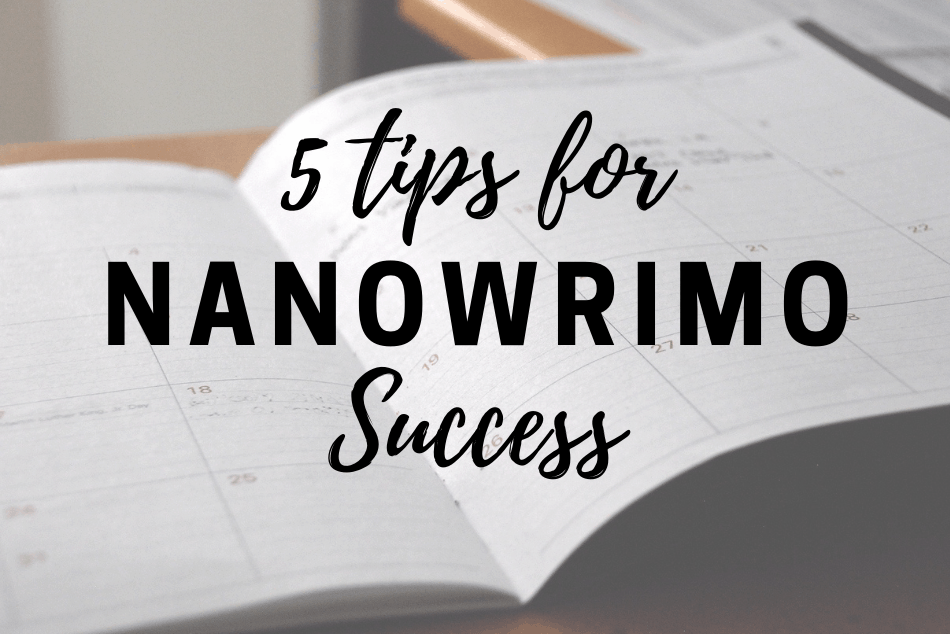We at Career Authors applaud the spirit driving the nearly half-million writers who join forces every year to give their keyboards a workout for NaNoWriMo. National Novel Writing Month challenges participants to log 50,000 words during the month of November. But it’s so much more than a challenge: It’s a thriving community, backed by a nonprofit organization and participants at all levels linked by #NaNoWriMo hashtags on social media for writing sprints, advice, and to cheer one another on.
The concept is daunting, yet so many reach Nov. 30 in triumph: At having completed a creative marathon, a personal word count best, or even a story that will soon be on the revision path to being published. (Unsure if 50,000 words is really a full novel draft? Consult our word count guide by genre.)
A couple years ago, the team behind NaNoWriMo sponsored a summer writing event and asked me to serve as one of their “summer camp counselors,” providing quick tips to their writing “campers” every week to help them stay motivated and keep the words flowing.
The tips I shared have never been gathered in one place, and never for the main event in November, so I thought I’d share them here—as fuel for all the writers beginning this year’s NaNoWriMo challenge, and for anyone else trying to push past a lull or a stalled-out plot.
-
Embrace your insecurities.
I once had the privilege of interviewing Patricia Cornwell—who was adamant that insecurity can be good for a writer. “I’ll be honest,” she said. “When somebody has written their first novel and they tell me how fantastic it is, I know it’s probably not very good. It’s usually the person who says, ‘I’m not sure what I think…’ and then you look at the thing and go, ‘Now that is really special.’ So it’s not bad to be a little insecure. It makes you work harder and pay attention.”
When I’m pushing through a draft and that hopeless feeling creeps in, I remember this. Feeling uncertain could be a sign of real magic! You’ll never know if you don’t see it through.
-
When you get stuck, skip to the next thing you know.
If you can’t picture exactly what comes next in your story, but you do know what happens a little later on, just skip ahead. (This even works near the end, with multiple strings to tie up!) We’re all aiming for a cohesive beginning, middle, and finish, but no law says you have to do it in order. My first published novel, Almost Missed You, was written out of sequence, and I doubt it would’ve come together any other way. I firmly believe the truest writing comes from penning whatever is most vivid to you in the moment; you can bridge the gaps later.
-
Don’t stop reading.
Some writers stop reading others’ work while in the throes of a big project, but I never do. Even a few nightly pages before I shut off the light can remind me of how stories are written: one scene leading to the next, with not every sentence an exercise in perfection. More important, they remind me of why I write—of an imagined world’s power to make a reader feel. If you’ve sacrificed your reading time to complete this challenge, pick it up again now. Even 5 minutes can ground you in what it is we’re all trying to do.
-
Taking breaks isn’t lazy, it’s healthy (honest).
Though there’s a lot to be said for keeping your butt in the chair, it’s also true that the recharged and ready you is a better writer than the exhausted and frustrated you. When you find yourself forcing things, try something novel: Stop. Take a walk, a shower, a drive. I’m stubborn about not doing this—it can feel like admitting defeat—but when I take these little reprieves, I almost always curse myself… for not having done it sooner. This is when whatever was tripping you up—whether the twist for the next scene, or the fix for the last one—will come.
-
Don’t miss the forest for the trees.
At intervals throughout your story, and especially near the end, do logic/plausibility checks—on every draft. Even published stories can have moments that make us think, “Hmm, but why didn’t the character just [fill in the blank]?”—which goes to show how easy it is to lose that objective thread (especially if you’re following a predetermined outline that may not account for your characters’ fully fleshed out motivations now that they’re on the page). This is not about foiling your carefully laid plans, because it comes with built-in solutions: If you think of a better alternative, write that instead!
Are you participating in NaNoWriMo this year? How’s it going so far, and what are your best tips for staying motivated? Join our conversation on Facebook.





